
OR
Rail line to Kathmandu among accords inked by Nepal, India
Published On: April 8, 2018 09:55 AM NPT By: Roshan Sedhai
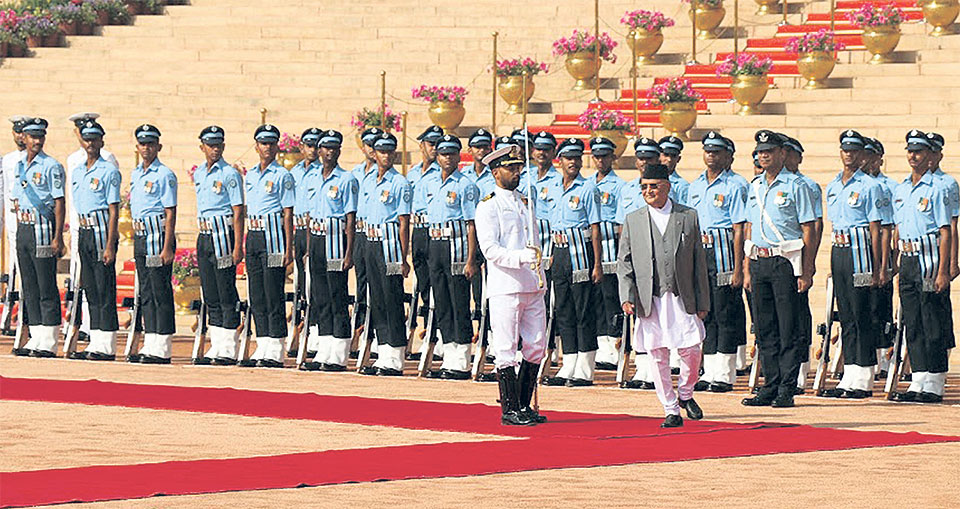
KATHMANDU, April 8: Nepal and India have agreed to develop "an electrified rail line" connecting Kathmandu with Raxual of Bihar, as the two sides signed several crucial agreements on Saturday with a spotlight on strengthening connectivity.
The agreement, which comes two years after China agreed to develop a rail link to Kathmandu via Tibet, was one of three new accords signed during Prime Minister Khadga Prasad Sharma Oli's ongoing India visit.
Oli embarked on his visit to India on Friday at the invitation of his Indian counterpart Narendra Modi, three months after being appointed prime minister with the support of two-thirds of the MPs in parliament.
The rail line, which was the highlight of a 12-point joint communiqué issued by Oli and Modi, is aimed at expanding connectivity to enhance people-to-people linkages and promote economic growth and development of the two countries.
Other notable agreements signed between the two countries include a separate memorandum of understanding for partnership in agriculture and an accord to develop inland waterways for the movement of cargo.
The inland waterways are expected to give landlocked Nepal additional access to the sea, while bilateral cooperation in agriculture will seek to benefit farmers, consumers, the scientific community as well as the private sector through exchange of knowledge and technology.
The agreements and MoUs were signed after a meeting between Oli and Modi at Hyderabad House on Saturday. During the meeting, the two sides had also agreed to expedite all Indian-assisted projects that are pending, including Arun-3, Pancheshwar and Saptakosi-Sunkosi. Oli also urged India to invest more in Nepal, especially in the development of hydropower.
On the occasion, Oli thanked Modi and the people of India for their cordial welcome and extended an invitation to Modi to pay an early visit to Nepal. Modi accepted the invitation.
At a function organized after the meeting, Oli and Modi jointly inaugurated the Integrated Check Post at Birgunj and the Motihari-Amlekhgunj cross-border petroleum products pipeline at Motihari.
The deal on the rail line, which officials said was inked without adequate preparation, has been seen as India's counter to China's plan to develop a rail line connecting Tibet with Kathmandu, Pokhara and Lumbuni.
The Tibet-Kathmandu-Pokhara-Lumbini railway, which is in the planning phase, was the major highlight of fthe first ever trade, transit and transportation agreement that Nepal signed with China in March, 2016, during Oli's first stint as prime minister. The landmark agreement, which many see as a much needed step in decreasing land-locked Nepal's dependence on its southern neighbor, was signed on the heels of the economic blockade imposed by India.
Oli's India visit, which was a continuation of the tradition of Nepali prime ministers visiting India before other countries, has been described as a major step in bringing a thaw in relations between the two neighbors. These relations have remained tense since Nepal promulgated a new constitution in 2015. India, which expressed reservations over some provisions of the constitution, had merely noted the historical document endorsed by 90 percent of lawmakers in parliament.
At a press conference organized after the meeting, Oli and Modi described the visit as an important step forward in cementing ties between the two neighbors which share an open border.
"I believe that the historic initiatives that we have taken today will make an important contribution in realizing our vision of the development of both countries," Modi told media during the joint address.
You May Like This

Nepal, India to make concerted bid to complete two cross-border rail lines
KATHMANDU, July 9: Nepal and India have agreed to resolve all outstanding issues for completing a railway line from Jayanagar to... Read More...
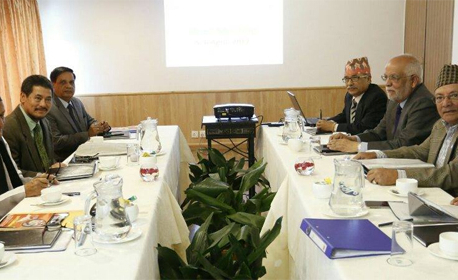
Nepal India EPG’s third meet begins in Kathmandu
KATHMANDU, April 5: The meeting of the Members of the Eminent Persons Group(EPG) from Nepal and India has started on... Read More...
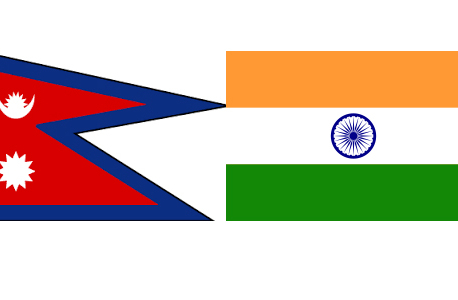
India defeats Nepal by six wickets
KATHMANDU, Dec 16: India has defeated Nepal in the second group match of the ACC U19 Asia Cup held at... Read More...





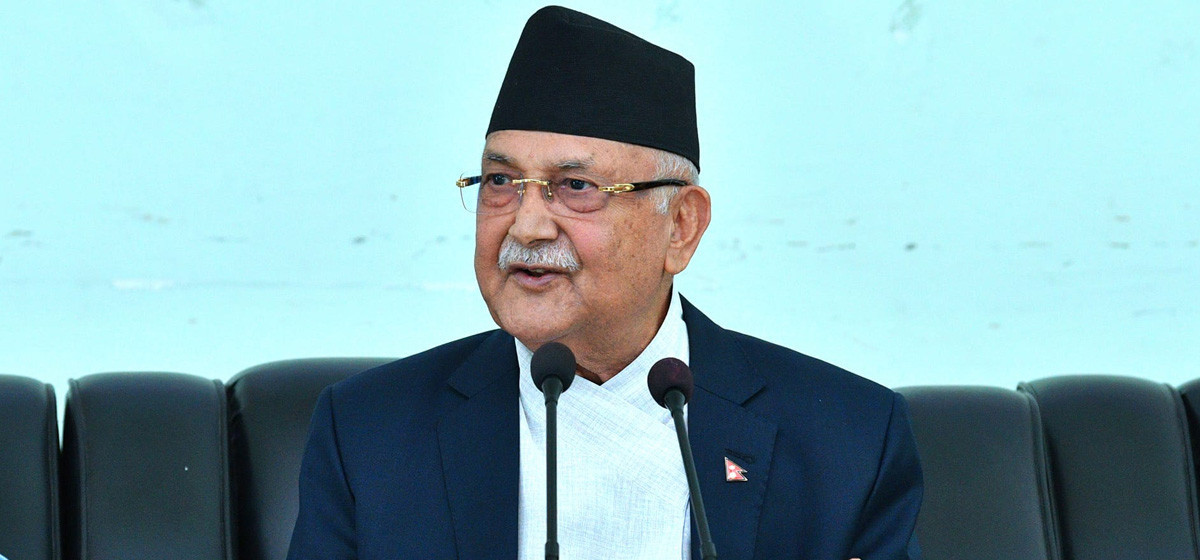
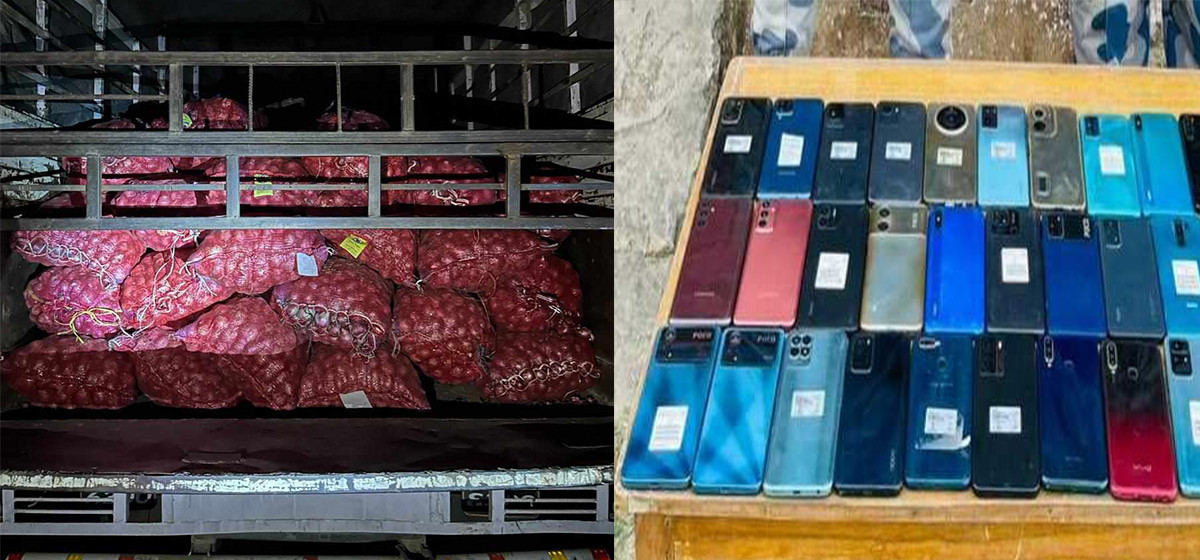
Just In
- NC objects Gandaki Province assembly call
- Eight Chinese citizens injured in Scorpio-microbus collision in Pokhara
- Former chief secretary Shakya passes away
- UML Chair Oli appeals vote for Nembang
- APF seizes illegally imported 152 sacks of onions and 32 units of mobile phones from Dhansuha
- 80 civil servants left in the lurch as MoFAGA places them in reserve pool
- Weather Alert: Storm likely in Lumbini and Sudurpaschim
- NOC investing Rs 3 billion to construct fuel storage plants of over 9,000 kl capacities in Bhairahawa




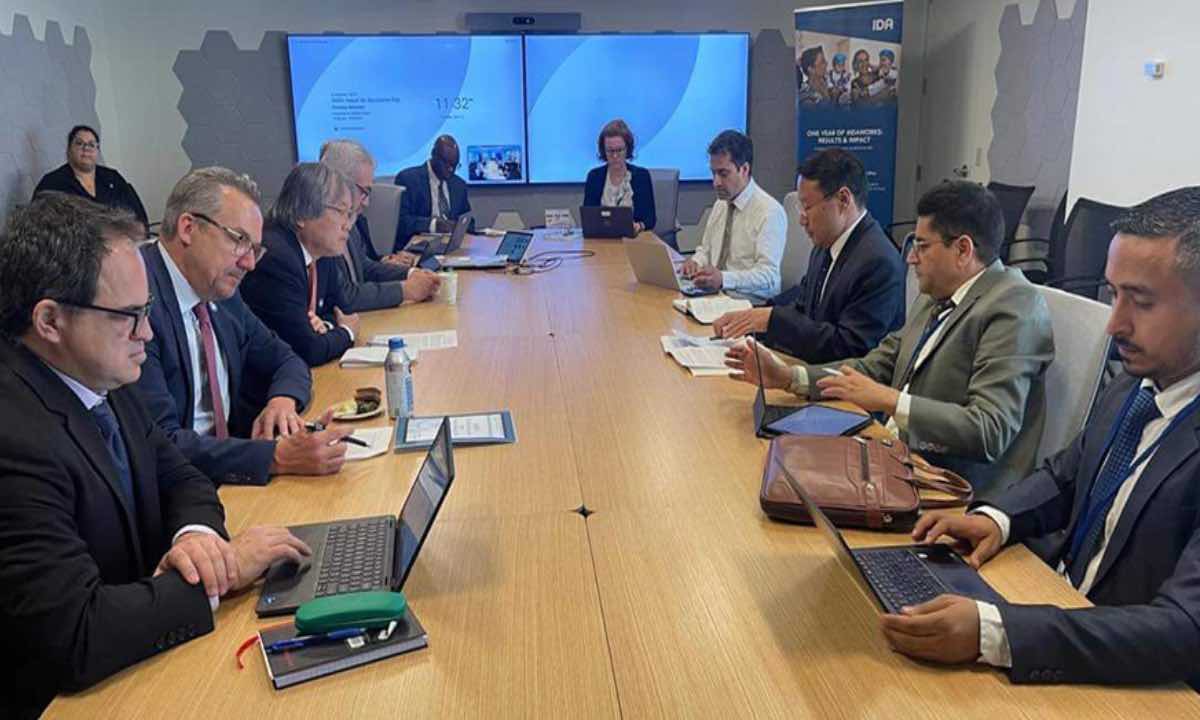
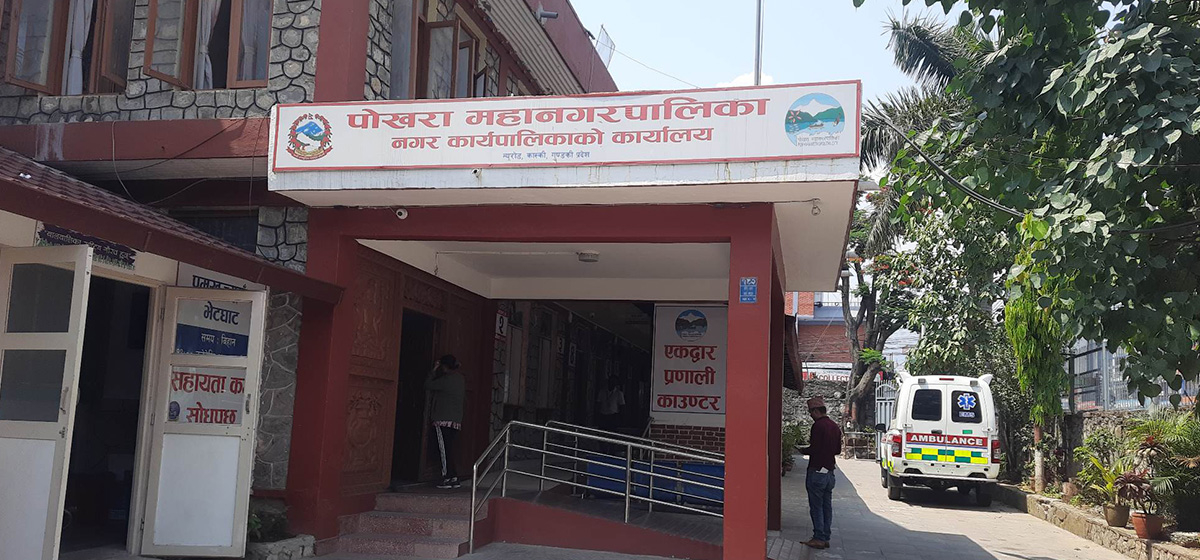


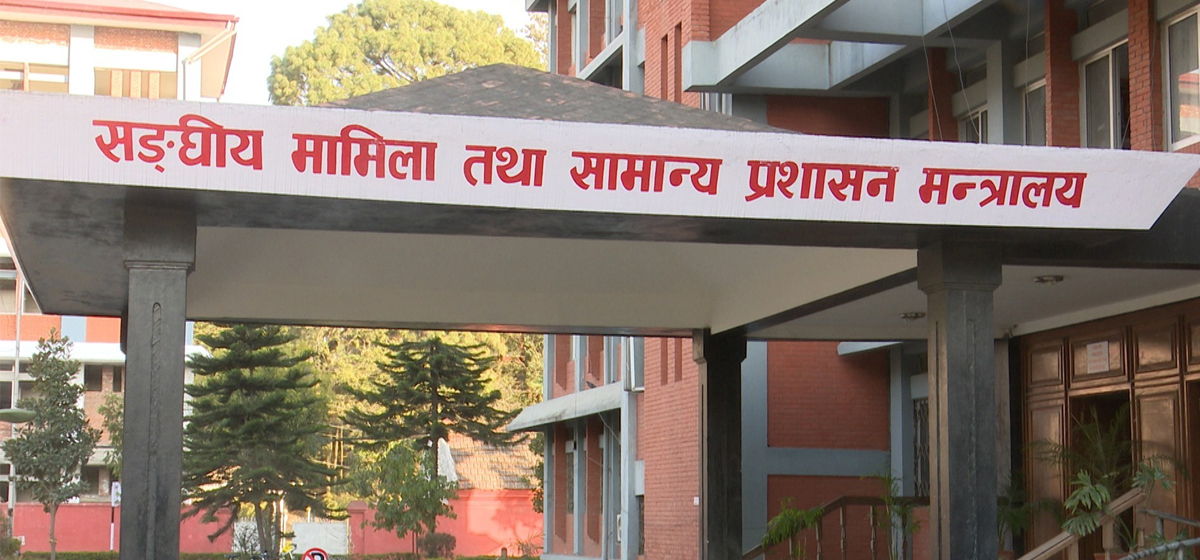


Leave A Comment